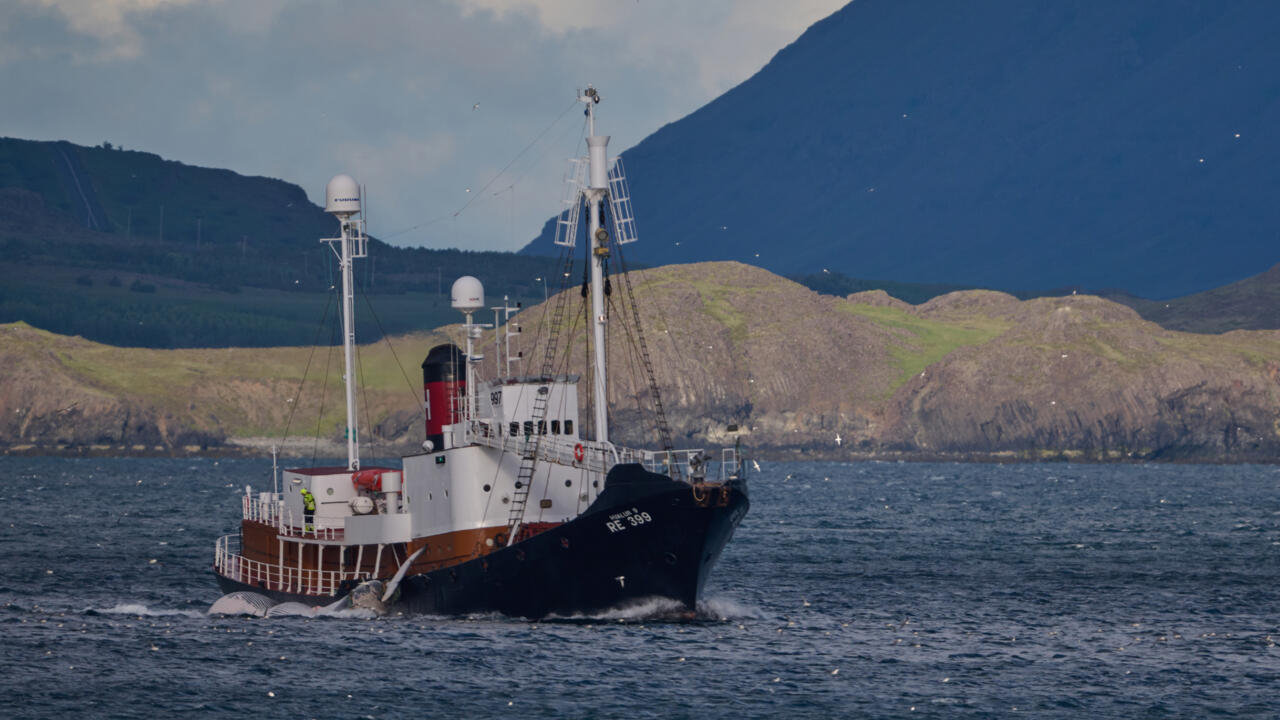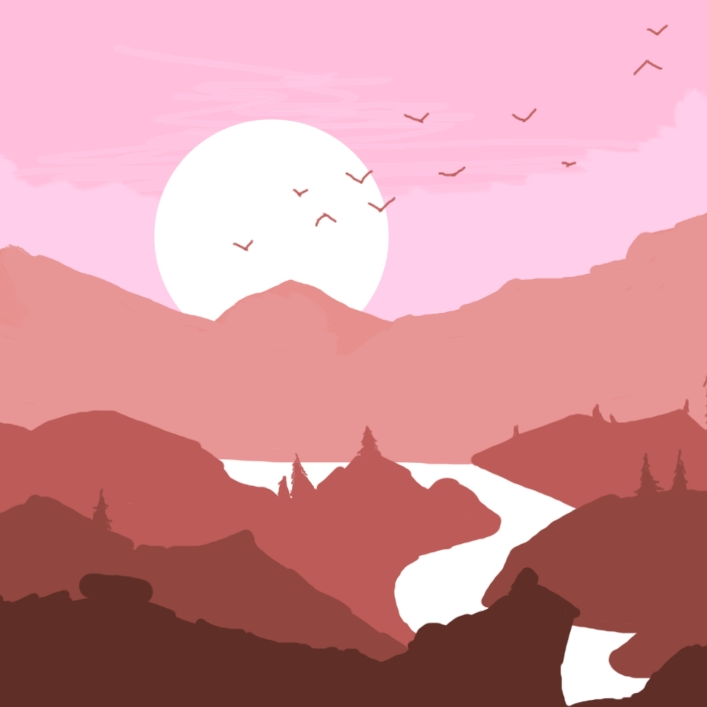Iceland’s government said that whaling could resume Friday with stricter conditions and monitoring, after it decided not to extend a temporary two-month ban imposed amid animal welfare concerns.
Iceland is one of just three countries that allow commercial whaling, along with Norway and Japan, in the face of fierce criticism from environmentalists and animal rights’ defenders.
“Whaling can resume tomorrow… (with) detailed and stricter requirements for hunting equipment and hunting methods, as well as increased supervision,” the fisheries ministry said in a statement to AFP on Thursday.
Animal protection charity Humane Society International called it “a devastating and inexplicable decision”.
Iceland suspended its whale hunt on June 20 after a government-commissioned report concluded the hunt does not comply with the country’s Animal Welfare Act.
Recent monitoring by Iceland’s Food and Veterinary Authority on the fin whale hunt, in which explosive harpoons are used, found that the killing of the animals took too long based on the main objectives of the Animal Welfare Act.
Shocking video clips broadcast by the veterinary authority showed a whale’s agony as it was hunted for five hours.
A working group established in July and made up of experts from the Food and Veterinary Authority and the Directorate of Fisheries concluded that it was possible to improve whaling methods, the ministry said.
“There is a basis for making changes to the hunting method that can lead to the reduction of irregularities during hunting, and therefore improve the animal welfare aspect,” the ministry said Thursday.
But the Humane Society rejected those conclusions.
“It is inexplicable that (Fisheries) Minister (Svandis) Svavarsdottir has dismissed the unequivocal scientific evidence that she herself commissioned, demonstrating the brutality and cruelty of commercial whale killing,” its executive director for Europe, Ruud Tombrock, said.
The country has only one remaining whaling company, Hvalur, and its licence to hunt fin whales expires in 2023.
Another company hung up its harpoons for good in 2020, saying it was no longer profitable.
Annual quotas authorise the killing of 209 fin whales – the second-longest marine mammal after the blue whale – and 217 minke whales, one of the smallest species.
But catches have fallen drastically in recent years due to a dwindling market for whale meat.
Growing opposition at home
The Humane Society’s Tombrock said there was “no way to make harpooning whales at sea anything other than cruel and bloody, and no amount of modifications will change that.”
“Whales already face myriad threats in the oceans from pollution, climate change, entanglement in fish nets and ship strikes,” he said.
“Iceland had a chance to do the right thing and it chose not to.”
The country’s whaling season traditionally ends in late September or early October.
Whaling company Hvalur has yet to comment on Thursday’s decision, but unconfirmed media reports in Iceland earlier this week said its boats were already out at sea looking for fin whales in anticipation of Thursday’s announcement.
Opposition to whaling has been on the rise in Iceland with a majority now in favour of dropping the practice.
A survey published in early June indicated that 51 percent of Icelanders were opposed to the hunt and 29 percent in favour, with over-60s those most in favour.
Iceland has depended heavily on fishing and whaling for centuries.
But in the past two decades its tourism industry, including whale watching tours, has blossomed – and the two key sectors of the economy have diverging interests.
Japan, by far the biggest market for whale meat, resumed commercial whaling in 2019 after a three-decade hiatus, drastically reducing the need for imports from Iceland.
Nothing better for whale welfare then slaughtering them. So smart.
Can we please stop needlessly killing animals?
You know what works improve animal welfare? Not hunting them.
I’m pretty sure the best way to improve animal welfare is not killing them
“Annual quotas authorise the killing of 209 fin whales – the second-longest marine mammal after the blue whale – and 217 minke whales, one of the smallest species.”
Sounds like they got a system of wildlife management in place. As long as it’s a controlled harvest with limitations based on the population and the carrying capacity of the area, I don’t really see the issue.






